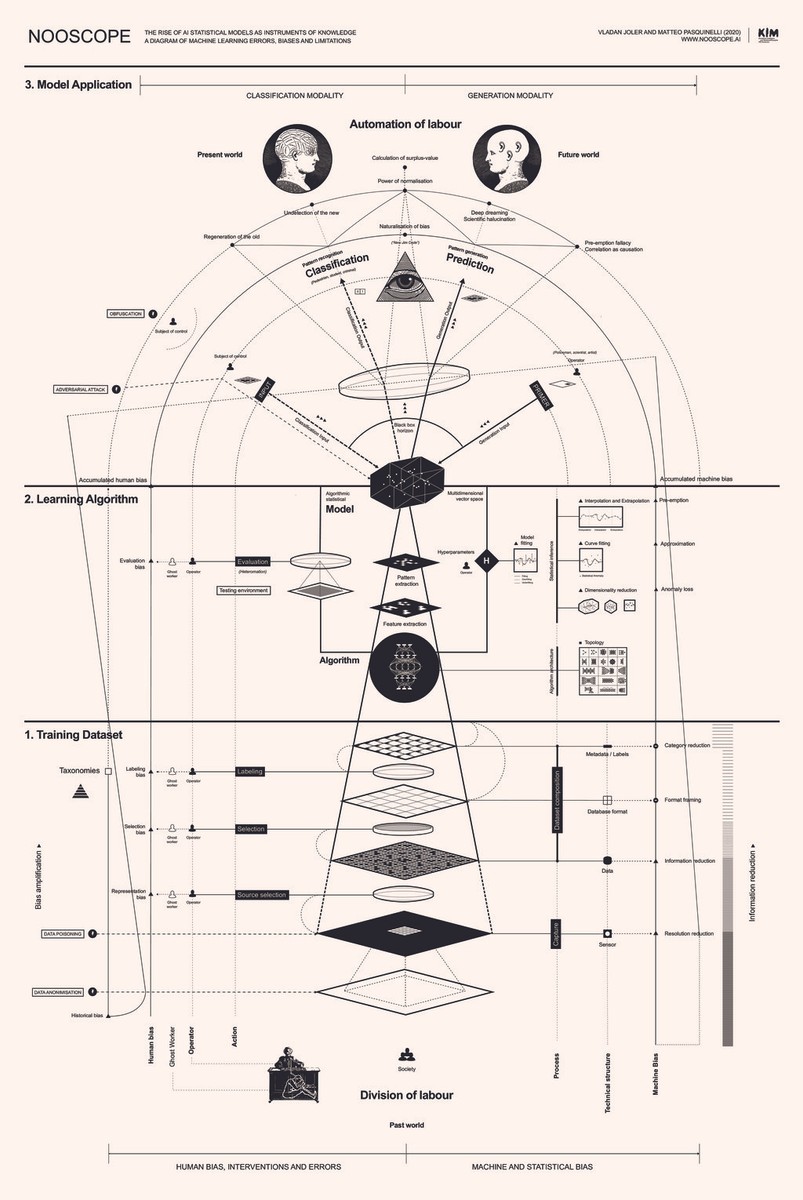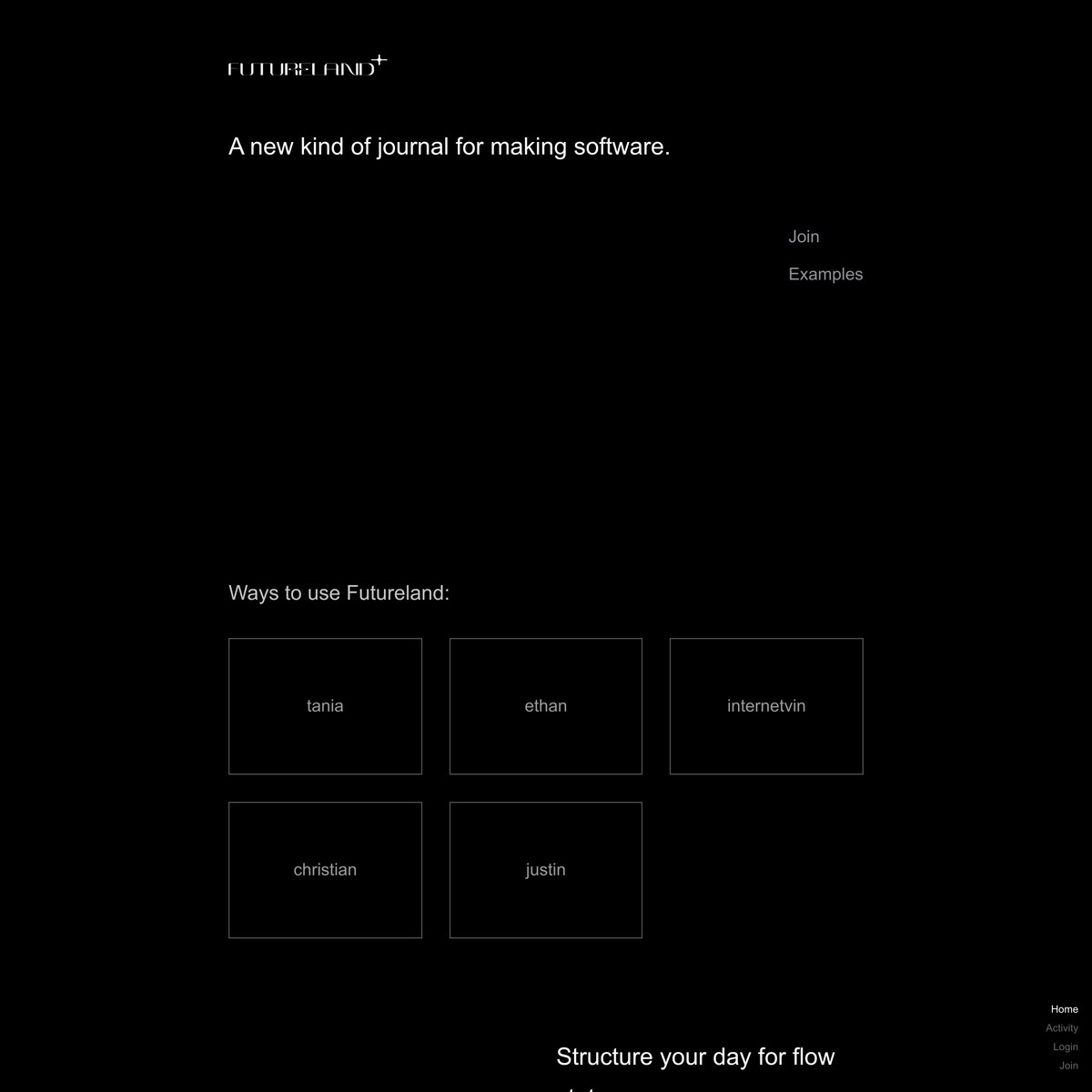syn·site
in contemporary art terms: a "syn-site" is a conceptual space that encapsulates a multitude of experiences, observations, and interactions across various physical and digital locales. It is a dynamic, non-singular site that challenges conventional notions of place and situates itself within the discourse of network aesthetics. Drawing upon the theories of Robert Smithson, it re-works the concept of "site" to reflect the complexity and plurality of contemporary life and artistic practice. It is an artwork and a network, a space and a memory, an assertive threshold within the syntax of site. It is both a product and a critique of the interconnected, networked nature of the contemporary world, and serves as a tool for artists to explore the entanglements of the specific and the abstract, the internal and external, the actual and the virtual.
in contemporary art terms: a "syn-site" is a conceptual space that encapsulates a multitude of experiences, observations, and interactions across various physical and digital locales. It is a dynamic, non-singular site that challenges conventional notions of place and situates itself within the discourse of network aesthetics. Drawing upon the theories of Robert Smithson, it re-works the concept of "site" to reflect the complexity and plurality of contemporary life and artistic practice. It is an artwork and a network, a space and a memory, an assertive threshold within the syntax of site. It is both a product and a critique of the interconnected, networked nature of the contemporary world, and serves as a tool for artists to explore the entanglements of the specific and the abstract, the internal and external, the actual and the virtual.
SYN (along with, at the same time | from Greek SYN, with | ~SYNTHETIC) + SITE (N: point of event, occupied space, internet address; V: to place in position | from Latin SITUS, location, idleness, forgetfulness | ~WEBSITE ¬cite ¬sight), cf. SITE/NON-SITE (from Robert Smithson, A PROVISIONAL THEORY OF NONSITES, 1968)
All rewritings, whatever their intention, reflect a certain ideology and a poetics … the study of the manipulation processes of literature as exemplified by translation can help us towards a greater awareness of the world in which we live.
All rewritings, whatever their intention, reflect a certain ideology and a poetics … the study of the manipulation processes of literature as exemplified by translation can help us towards a greater awareness of the world in which we live.
All rewritings, whatever their intention, reflect a certain ideology and a poetics … the study of the manipulation processes of literature as exemplified by translation can help us towards a greater awareness of the world in which we live.
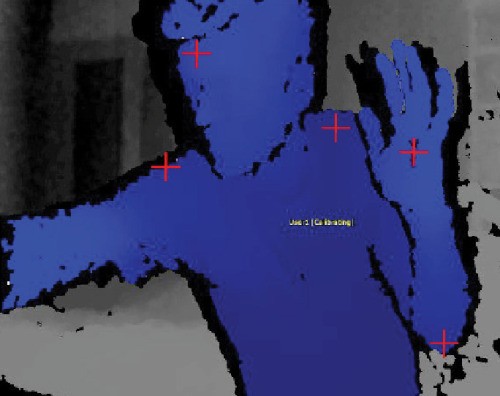


...like a piece of sensitive photographic paper, waiting passively to feel the shock of impression. And then I was quivering like a leaf, more precisely like a mute hunk of appetitional plasm, a kind of sponge in which the business of being excited was going on, run through by a series of external stimuli: the lane, the man, the pale light, the lash of silver – at the ecstatic edge of something to be known.
...like a piece of sensitive photographic paper, waiting passively to feel the shock of impression. And then I was quivering like a leaf, more precisely like a mute hunk of appetitional plasm, a kind of sponge in which the business of being excited was going on, run through by a series of external stimuli: the lane, the man, the pale light, the lash of silver – at the ecstatic edge of something to be known.
...like a piece of sensitive photographic paper, waiting passively to feel the shock of impression. And then I was quivering like a leaf, more precisely like a mute hunk of appetitional plasm, a kind of sponge in which the business of being excited was going on, run through by a series of external stimuli: the lane, the man, the pale light, the lash of silver – at the ecstatic edge of something to be known.
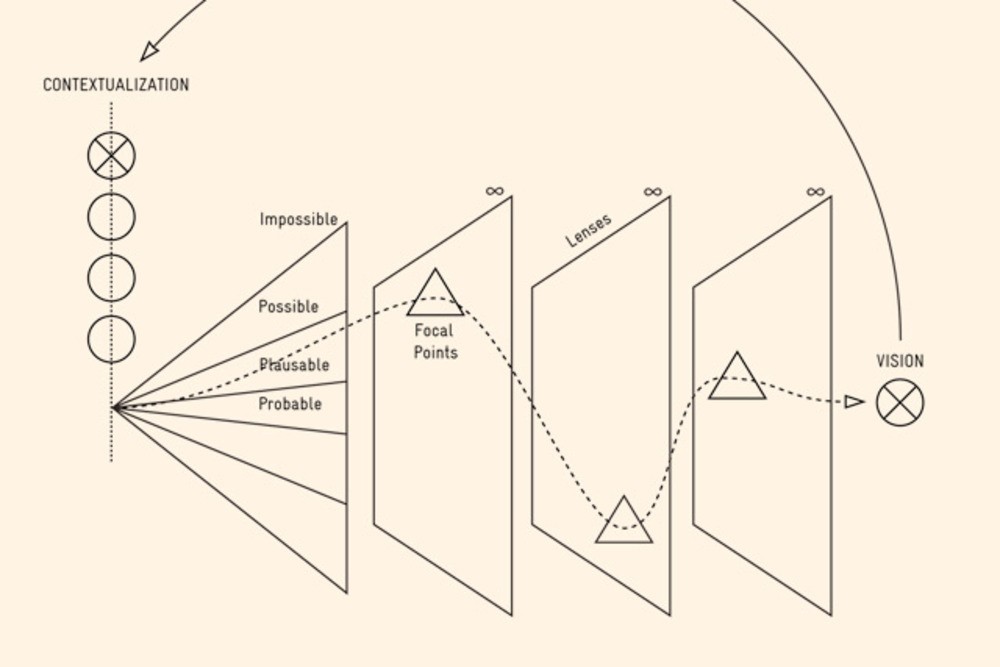


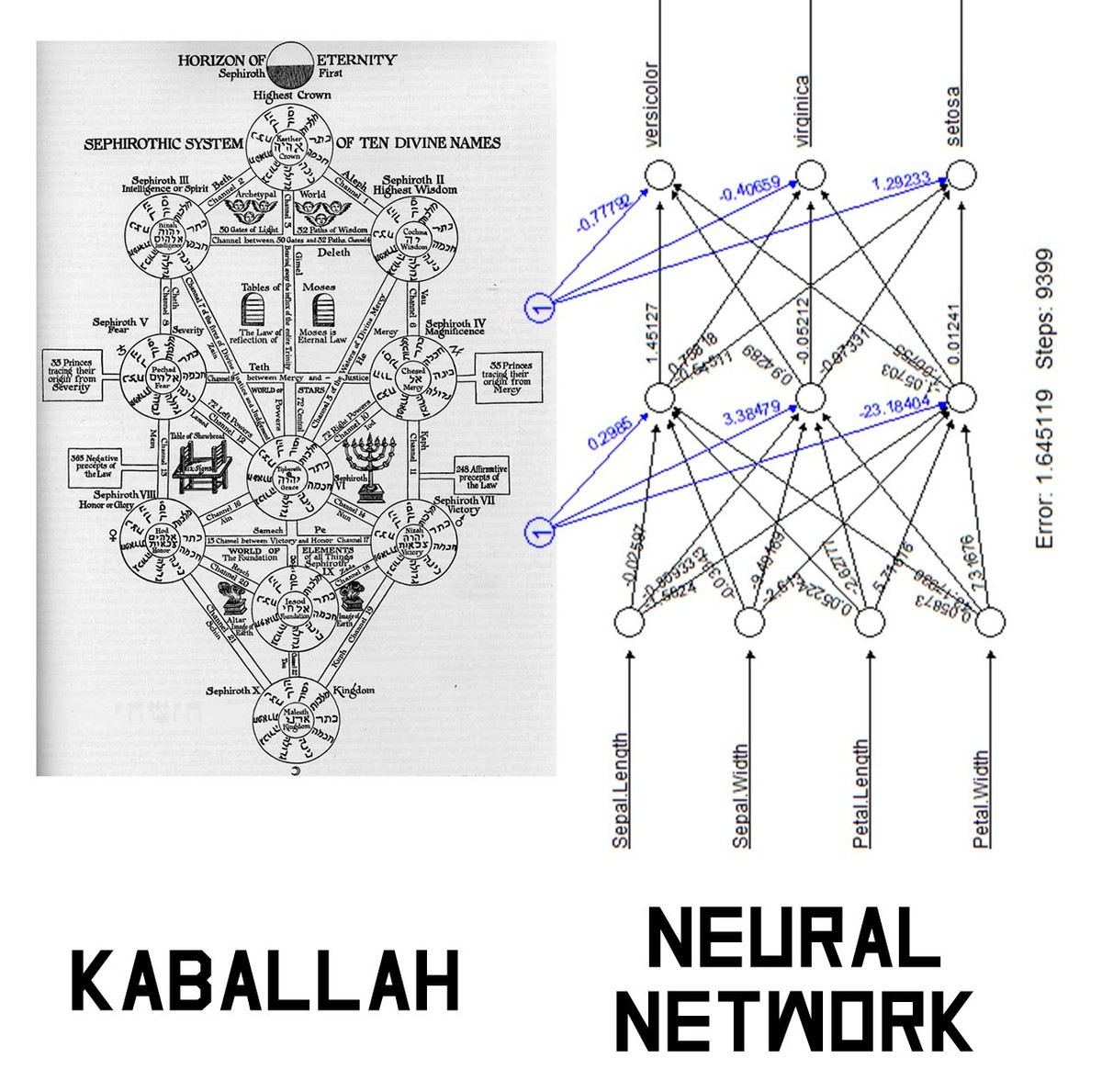


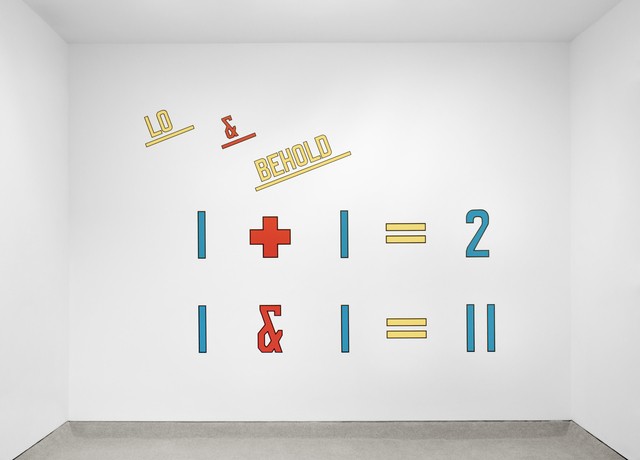


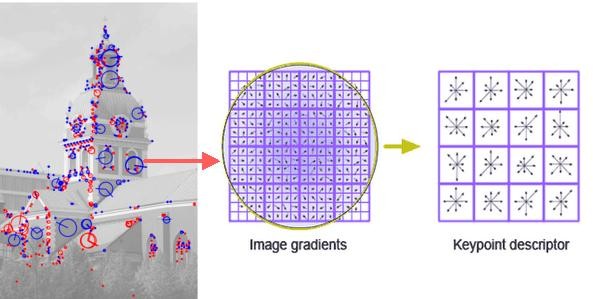





verdigris is not opaque. It is “crystalline … you’re looking into it.”
verdigris is not opaque. It is “crystalline … you’re looking into it.”
verdigris is not opaque. It is “crystalline … you’re looking into it.”
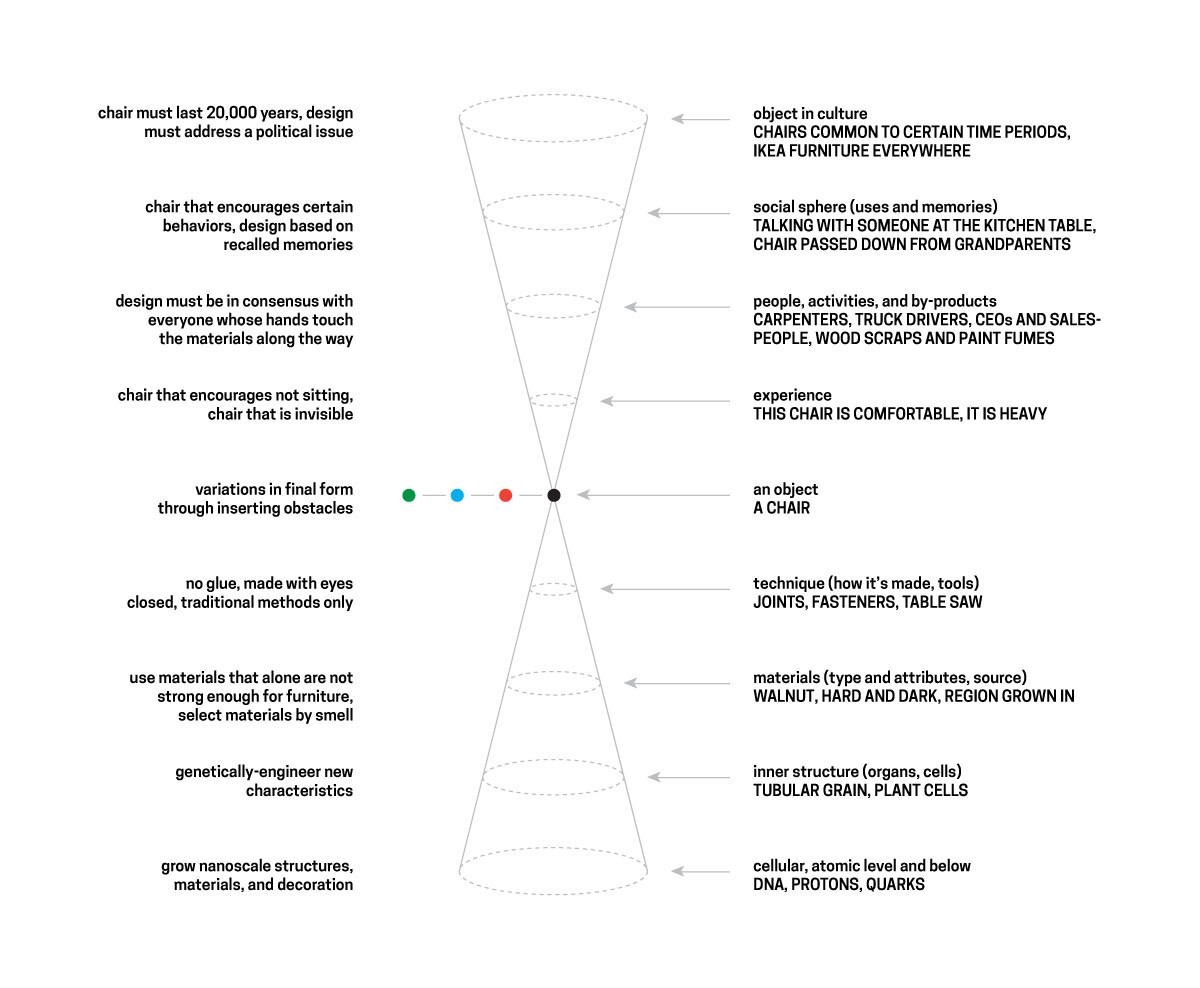


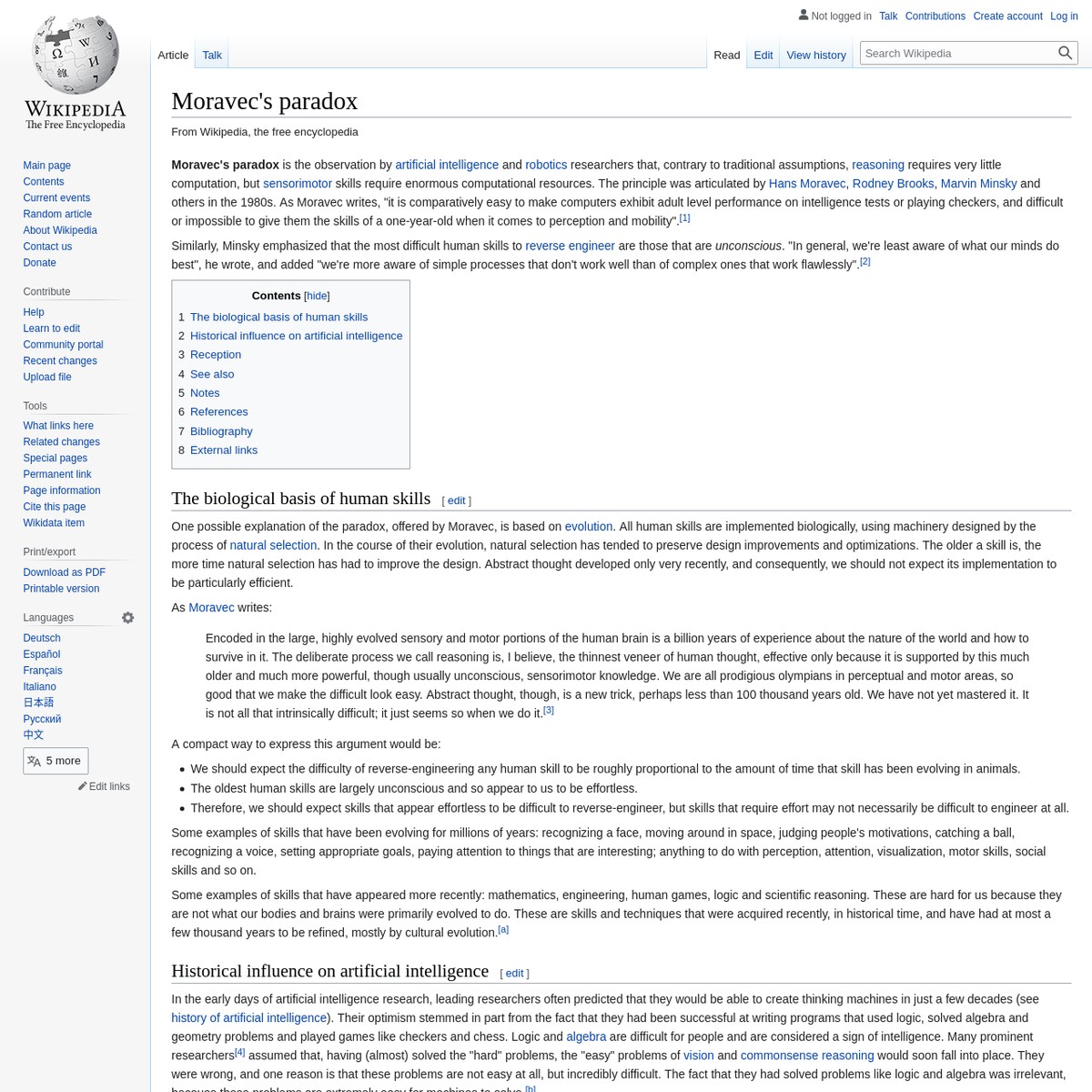


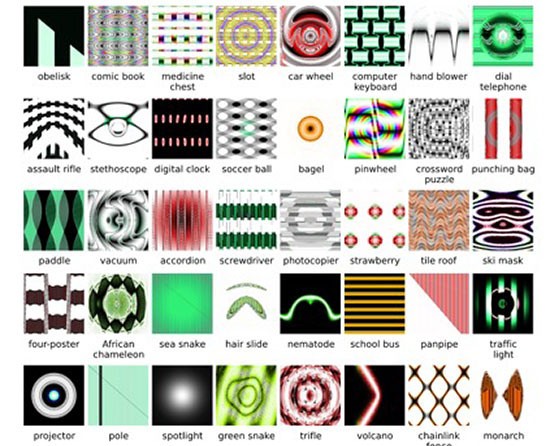


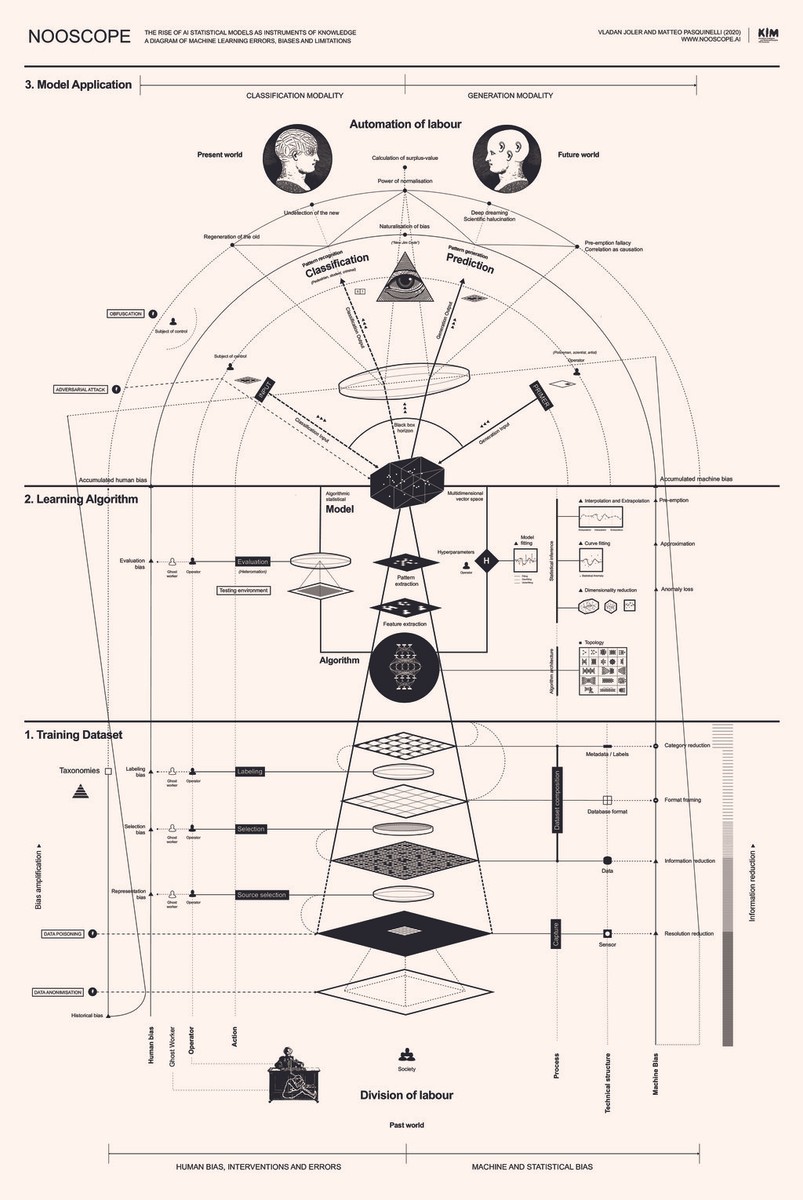


Take a walk down a city street ... You have seen a person cut in two by a car, bits and pieces of street signs and advertisements, reflections from shop windows – a montage of fragments ... Consciousness is a cut-up; life is a cut-up.
Take a walk down a city street ... You have seen a person cut in two by a car, bits and pieces of street signs and advertisements, reflections from shop windows – a montage of fragments ... Consciousness is a cut-up; life is a cut-up.
Take a walk down a city street ... You have seen a person cut in two by a car, bits and pieces of street signs and advertisements, reflections from shop windows – a montage of fragments ... Consciousness is a cut-up; life is a cut-up.
Gardening techniques
Learning and memory are by default automatic processes; their efficacy is proportional to the relevance that the thing to be learned has to your life (frequency, neurons firing together, synaptic pruning, interconnections, etc.). You could say that this relevance acts as filter for incoming information.
There are reasons why you might want to sneak information past this filter ("artificial learning"):
To learn abstract knowledge that is far removed from daily life (e.g. math). This is done using analogies, mnemonics, examples, anthropomorphism, etc.
To interfere with the process of "natural learning" with the goal of improving learning mechanisms, for example when learning a skill like playing the piano. This is done using deliberate practice, analysis, etc.
See these methods as gardening techniques. We either let the garden of the mind grow naturally or we sculpt it deliberately.
Gardening techniques
Learning and memory are by default automatic processes; their efficacy is proportional to the relevance that the thing to be learned has to your life (frequency, neurons firing together, synaptic pruning, interconnections, etc.). You could say that this relevance acts as filter for incoming information.
There are reasons why you might want to sneak information past this filter ("artificial learning"):
To learn abstract knowledge that is far removed from daily life (e.g. math). This is done using analogies, mnemonics, examples, anthropomorphism, etc.
To interfere with the process of "natural learning" with the goal of improving learning mechanisms, for example when learning a skill like playing the piano. This is done using deliberate practice, analysis, etc.
See these methods as gardening techniques. We either let the garden of the mind grow naturally or we sculpt it deliberately.
Gardening techniques
Learning and memory are by default automatic processes; their efficacy is proportional to the relevance that the thing to be learned has to your life (frequency, neurons firing together, synaptic pruning, interconnections, etc.). You could say that this relevance acts as filter for incoming information.
There are reasons why you might want to sneak information past this filter ("artificial learning"):
To learn abstract knowledge that is far removed from daily life (e.g. math). This is done using analogies, mnemonics, examples, anthropomorphism, etc.
To interfere with the process of "natural learning" with the goal of improving learning mechanisms, for example when learning a skill like playing the piano. This is done using deliberate practice, analysis, etc.
See these methods as gardening techniques. We either let the garden of the mind grow naturally or we sculpt it deliberately.
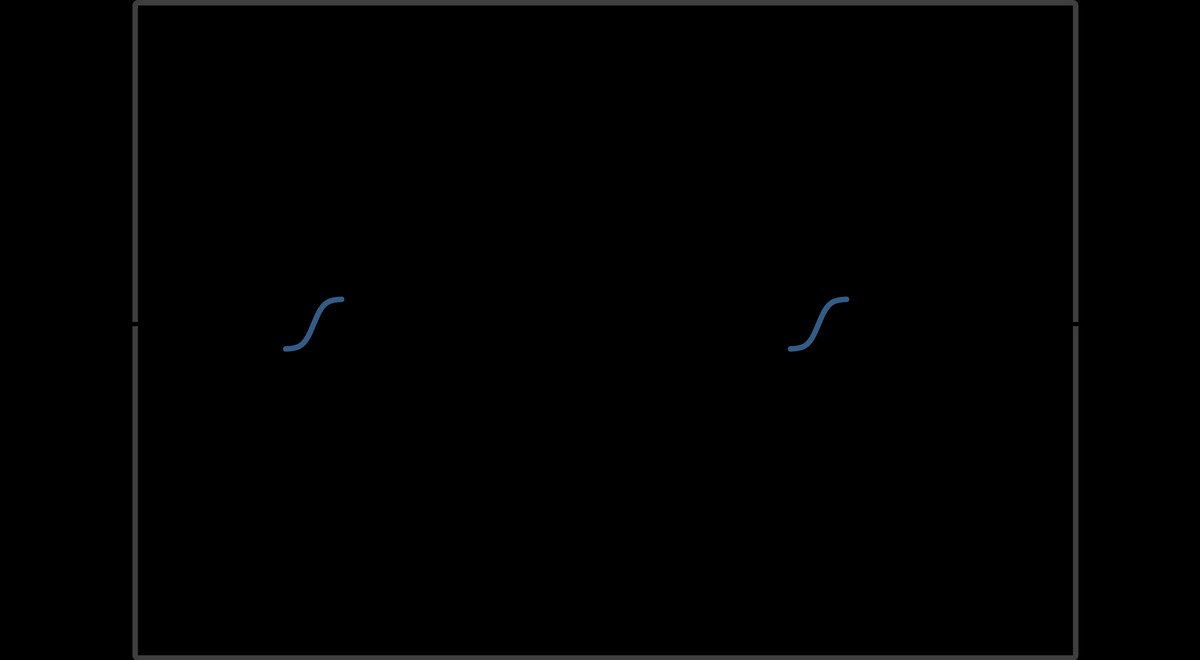


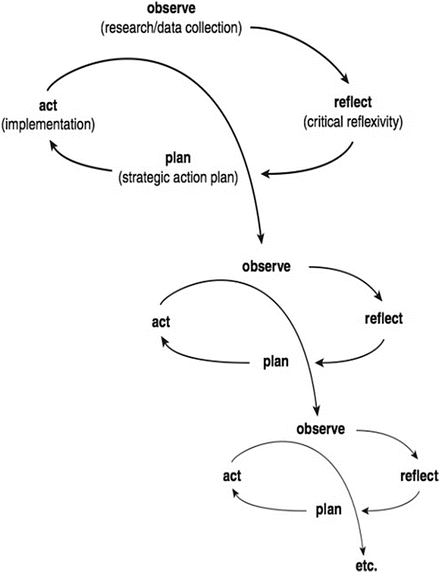


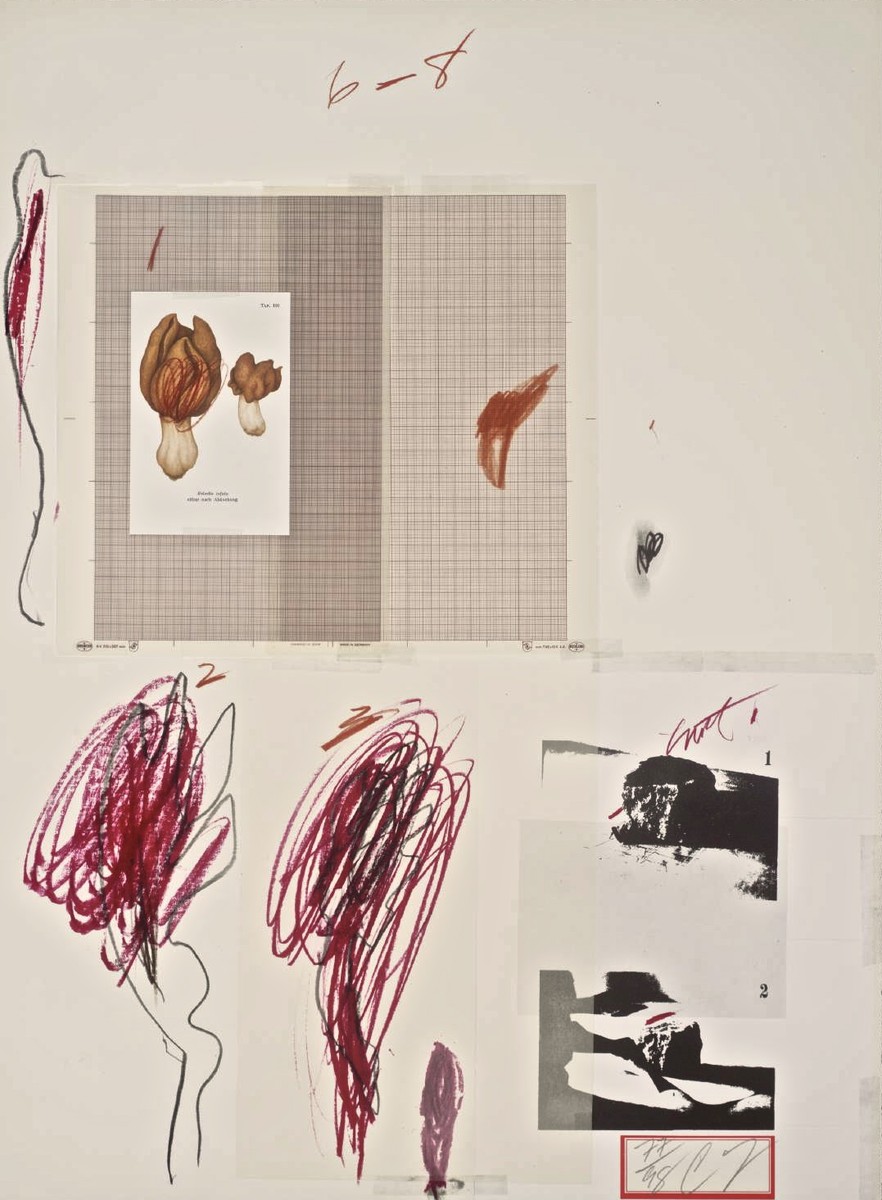


CONFUSING YOURSELF IS A WAY TO STAY HONEST
CONFUSING YOURSELF IS A WAY TO STAY HONEST
CONFUSING YOURSELF IS A WAY TO STAY HONEST
Writing, of course, is a substitute for the life I cannot live.
Writing, of course, is a substitute for the life I cannot live.
Writing, of course, is a substitute for the life I cannot live.



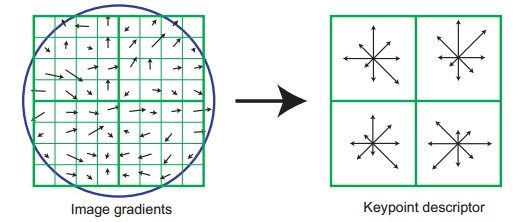


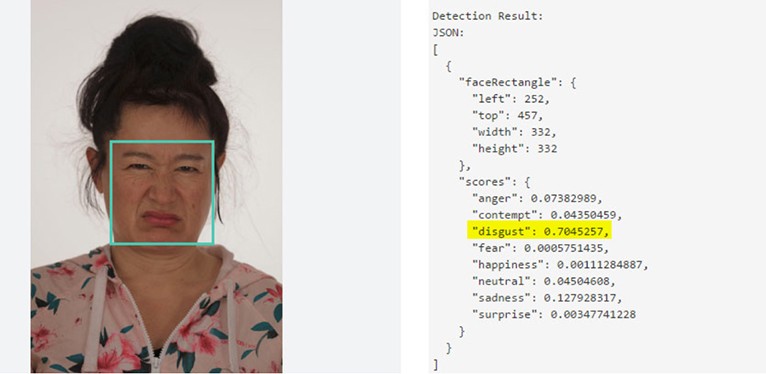


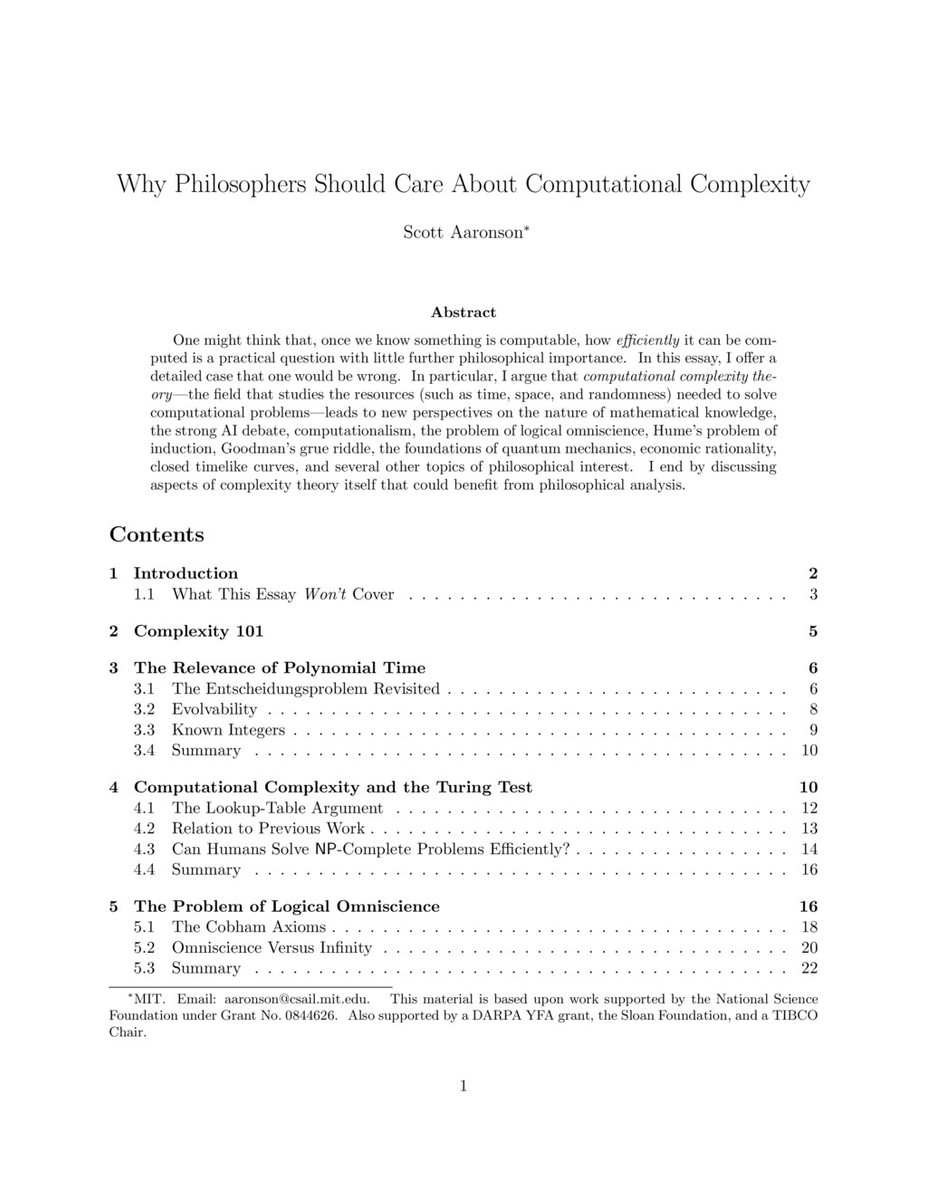


"The world is full of power and energy and a person can go far by just skimming off a tiny bit of it." (Neal Stephenson, Snow Crash)
"The world is full of power and energy and a person can go far by just skimming off a tiny bit of it." (Neal Stephenson, Snow Crash)
"The world is full of power and energy and a person can go far by just skimming off a tiny bit of it." (Neal Stephenson, Snow Crash)
the unconscious stretches out feelers, through the medium of the system Pcpt.-Cs., towards the external world and hastily withdraws them as soon as they have sampled the excitations coming from it.
the unconscious stretches out feelers, through the medium of the system Pcpt.-Cs., towards the external world and hastily withdraws them as soon as they have sampled the excitations coming from it.
the unconscious stretches out feelers, through the medium of the system Pcpt.-Cs., towards the external world and hastily withdraws them as soon as they have sampled the excitations coming from it.
It is comparatively easy to make computers exhibit adult level performance on intelligence tests or playing checkers, and difficult or impossible to give them the skills of a one-year-old when it comes to perception and mobility.
It is comparatively easy to make computers exhibit adult level performance on intelligence tests or playing checkers, and difficult or impossible to give them the skills of a one-year-old when it comes to perception and mobility.
It is comparatively easy to make computers exhibit adult level performance on intelligence tests or playing checkers, and difficult or impossible to give them the skills of a one-year-old when it comes to perception and mobility.
Alfred Korzybski remarked that "the map is not the territory" and that "the word is not the thing", encapsulating his view that an abstraction derived from something, or a reaction to it, is not the thing itself.
Alfred Korzybski remarked that "the map is not the territory" and that "the word is not the thing", encapsulating his view that an abstraction derived from something, or a reaction to it, is not the thing itself.
Alfred Korzybski remarked that "the map is not the territory" and that "the word is not the thing", encapsulating his view that an abstraction derived from something, or a reaction to it, is not the thing itself.
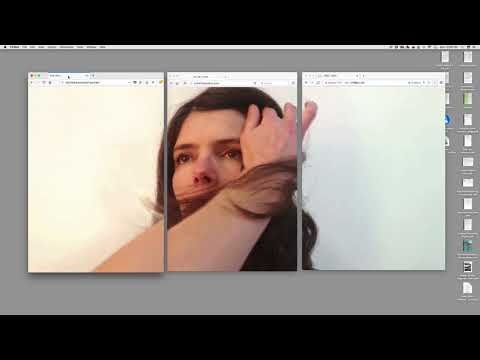


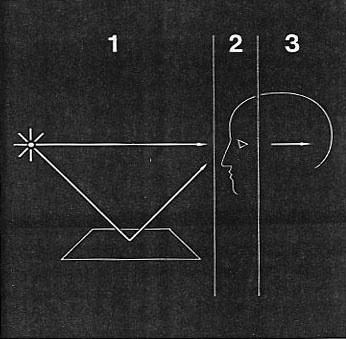


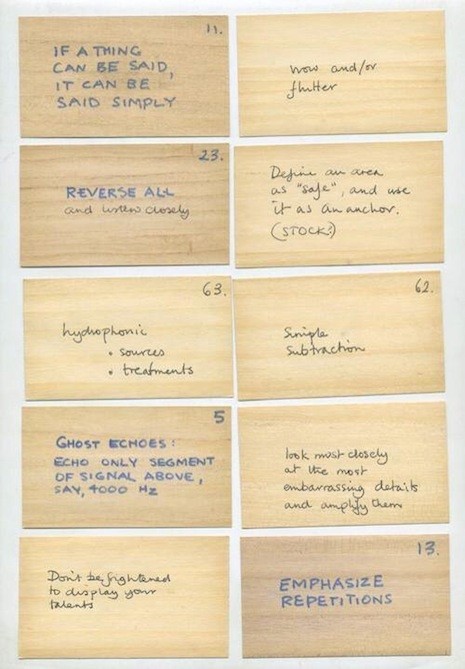


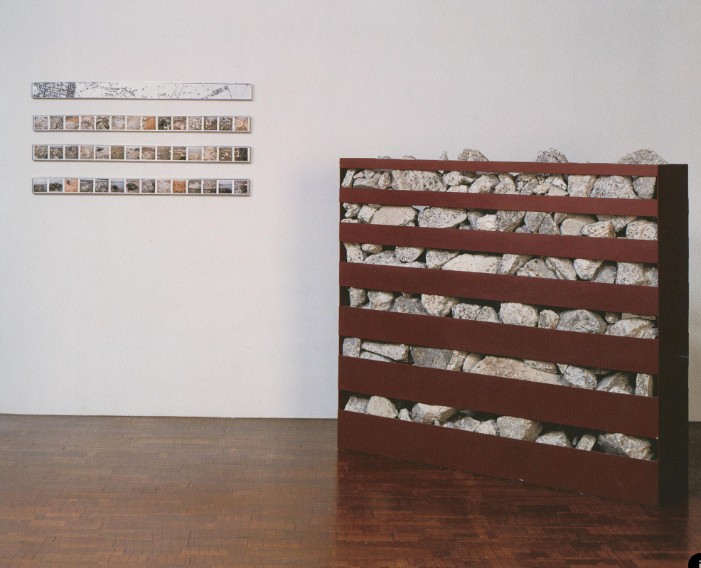


It’s not about the data or even access to the data. It’s about getting information from the truckloads of data … Developers, please help! We’re drowning (not waving) in a sea of data—with data, data everywhere, but not a drop of information.
It’s not about the data or even access to the data. It’s about getting information from the truckloads of data … Developers, please help! We’re drowning (not waving) in a sea of data—with data, data everywhere, but not a drop of information.
It’s not about the data or even access to the data. It’s about getting information from the truckloads of data … Developers, please help! We’re drowning (not waving) in a sea of data—with data, data everywhere, but not a drop of information.
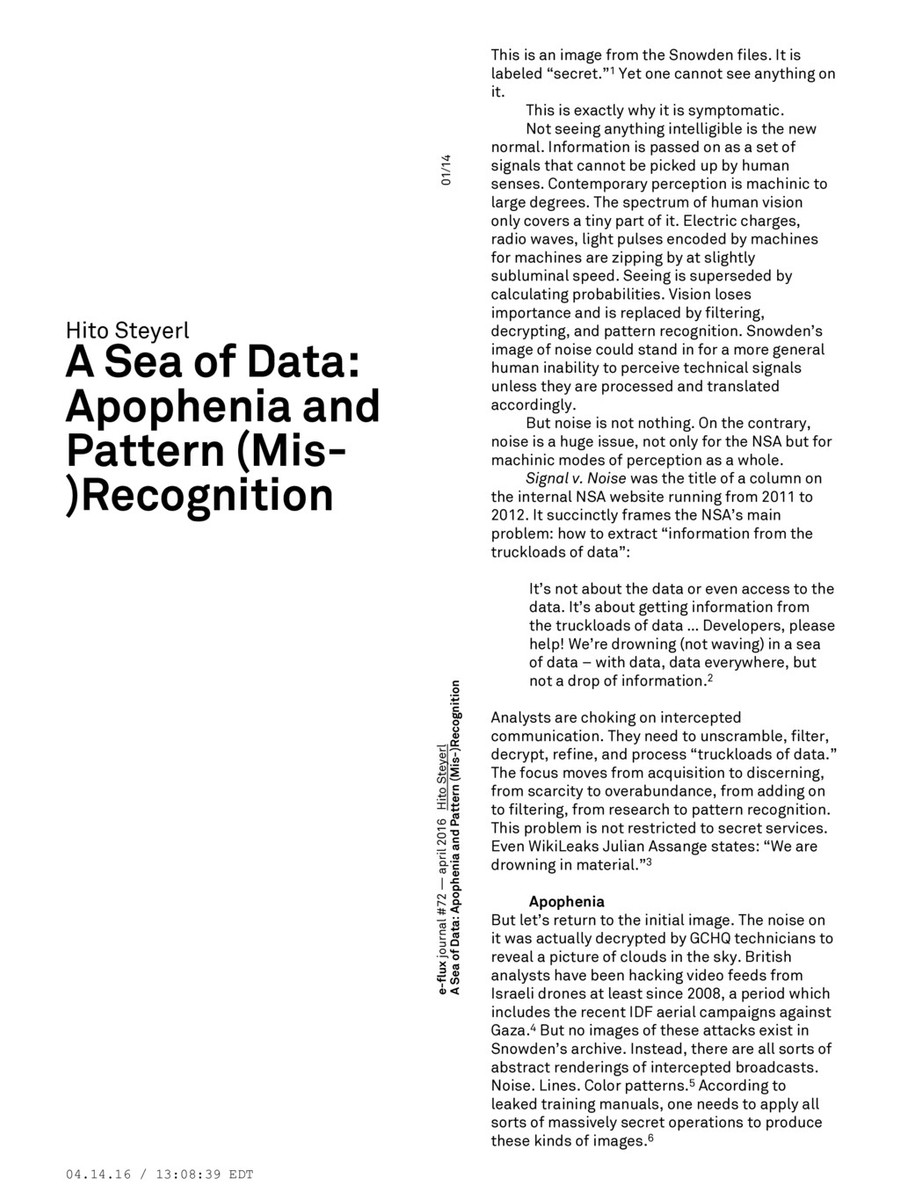


Seeing is superseded by calculating probabilities. Vision loses importance and is replaced by filtering, decrypting, and pattern recognition.
Seeing is superseded by calculating probabilities. Vision loses importance and is replaced by filtering, decrypting, and pattern recognition.
Seeing is superseded by calculating probabilities. Vision loses importance and is replaced by filtering, decrypting, and pattern recognition.
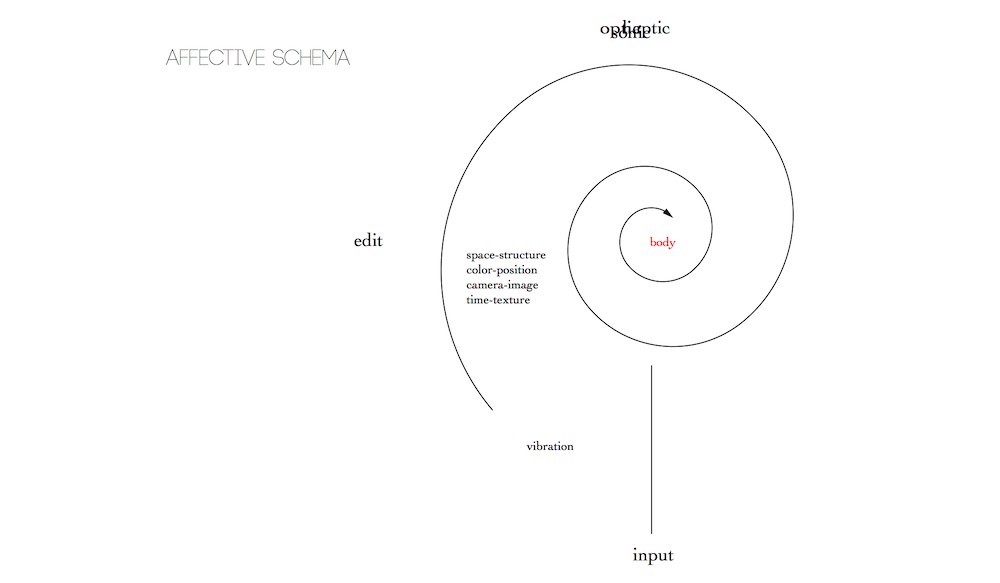


A single click of a mouse sets off a chain reaction and sends a signal to mining farms around the world, which go on to have a footprint of 35 kWh for an ‘average’ transaction, with emissions of close to 20 KgCO2 for that single mouse click [...] An ETH transaction is thousands times more costly than other internet activities that individuals typically engage in. [...] Transactions relating to NFTs however, have more complexities involved.
[...]
A single NFT can involve dozens of transactions, and potentially more. These include minting, bidding, cancelling, sales and transfer of ownership.
[...]
This single NFT’s footprint is equivalent to a EU resident’s total electric power consumption for more than a month, with emissions equivalent to driving for 1000Km, or flying for 2 hours.
A single click of a mouse sets off a chain reaction and sends a signal to mining farms around the world, which go on to have a footprint of 35 kWh for an ‘average’ transaction, with emissions of close to 20 KgCO2 for that single mouse click [...] An ETH transaction is thousands times more costly than other internet activities that individuals typically engage in. [...] Transactions relating to NFTs however, have more complexities involved.
[...]
A single NFT can involve dozens of transactions, and potentially more. These include minting, bidding, cancelling, sales and transfer of ownership.
[...]
This single NFT’s footprint is equivalent to a EU resident’s total electric power consumption for more than a month, with emissions equivalent to driving for 1000Km, or flying for 2 hours.
A single click of a mouse sets off a chain reaction and sends a signal to mining farms around the world, which go on to have a footprint of 35 kWh for an ‘average’ transaction, with emissions of close to 20 KgCO2 for that single mouse click [...] An ETH transaction is thousands times more costly than other internet activities that individuals typically engage in. [...] Transactions relating to NFTs however, have more complexities involved.
[...]
A single NFT can involve dozens of transactions, and potentially more. These include minting, bidding, cancelling, sales and transfer of ownership.
[...]
This single NFT’s footprint is equivalent to a EU resident’s total electric power consumption for more than a month, with emissions equivalent to driving for 1000Km, or flying for 2 hours.
Experiencing technology as a kind — but only one kind — of revealing, and seeing man’s essential place as one that is open to different kinds of revealing frees us from “the stultified compulsion to push on blindly with technology or, what comes to the same, to rebel helplessly against it and curse it as the work of the devil.”
Experiencing technology as a kind — but only one kind — of revealing, and seeing man’s essential place as one that is open to different kinds of revealing frees us from “the stultified compulsion to push on blindly with technology or, what comes to the same, to rebel helplessly against it and curse it as the work of the devil.”
Experiencing technology as a kind — but only one kind — of revealing, and seeing man’s essential place as one that is open to different kinds of revealing frees us from “the stultified compulsion to push on blindly with technology or, what comes to the same, to rebel helplessly against it and curse it as the work of the devil.”
